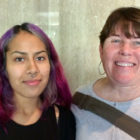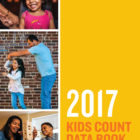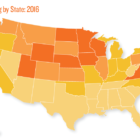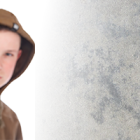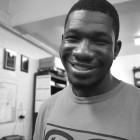
Child Care Gains Funds in Congress Budget Deal
|
Children and youth could see some gains under a bill that passed Congress early this morning, funding the government through March 23. The bill raises caps on domestic and military spending by about $300 billion and allots money for disaster relief and the opioid epidemic.

